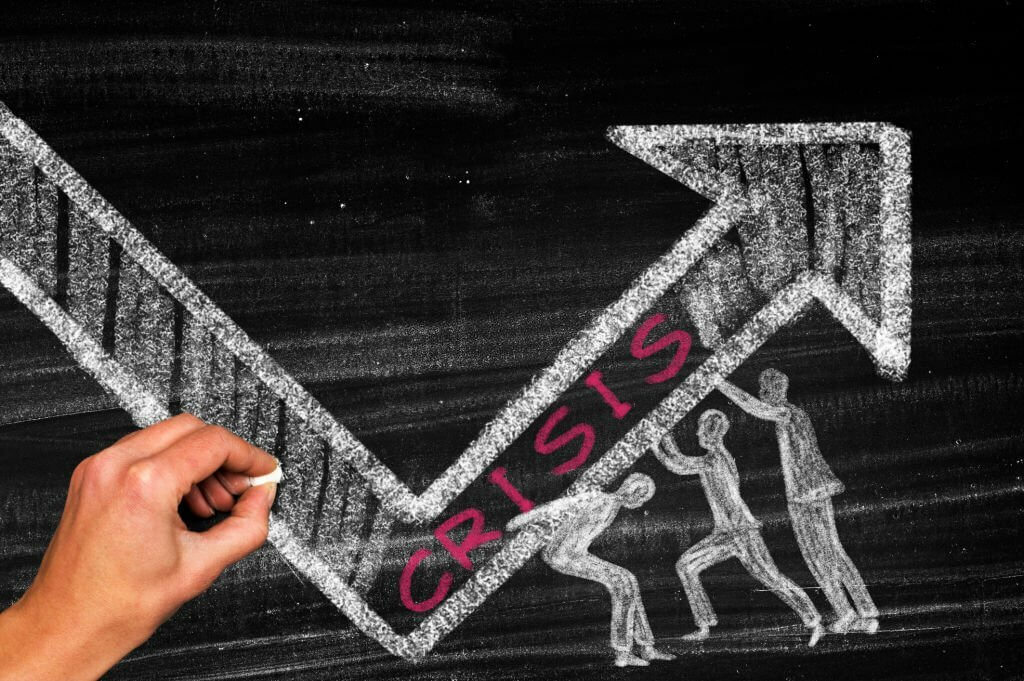In today’s hyper-connected world, brand reputation isn’t just about what a company says—it’s about what consumers, competitors, and influencers say about it across social media platforms. The digital age has amplified the significance of reputation management and crisis communication for businesses of all sizes. Here are some key strategies to navigate and safeguard your brand’s reputation in this era:
- Proactive Monitoring: Implement robust monitoring tools to track mentions, comments, and discussions related to your brand across various social media channels. This helps in early detection of potential issues, allowing for timely intervention.
- Transparent Communication: Establish a transparent and authentic communication approach. Engage with your audience openly, addressing concerns and feedback promptly. Transparency builds trust, even during challenging situations.
- Consistent Brand Voice: Maintain consistency in your brand’s messaging and tone across all platforms. This helps in establishing a coherent brand identity and makes it easier to manage perceptions during crises.
- Preparedness with Crisis Plans: Develop comprehensive crisis management plans outlining steps to be taken in various scenarios. Anticipate potential crises and have response strategies ready to mitigate their impact.
- Empathetic Engagement: Show empathy and understanding towards customers’ grievances or complaints. Personalized responses and genuine concern can turn a negative situation into a positive brand experience.

- Swift Response Time: Speed matters in the digital realm. Aim for quick responses to issues or crises. Delays in addressing concerns might exacerbate the situation and harm your brand’s reputation.
- Employee Advocacy: Educate and empower employees to be brand ambassadors. Their understanding of brand values and culture can positively influence public perceptions.
- Monitoring Competitors: Keep an eye on your competitors’ activities and responses to crises. Learn from their successes and mistakes to strengthen your own strategies.
- Data Analysis for Insights: Leverage data analytics to gain insights into customer sentiments, preferences, and trends. This data can guide your reputation management efforts.
- Continuous Improvement: Reputation management is an ongoing process. Regularly review and adapt your strategies based on feedback and changing social media dynamics.
In conclusion, the digital age has made brand reputation more vulnerable yet more manageable. By adopting proactive strategies, transparent communication, and a customer-centric approach, businesses can effectively manage their reputation amidst the challenges of social media. Embrace these tactics to safeguard your brand’s image and build trust with your audience in today’s interconnected world.



